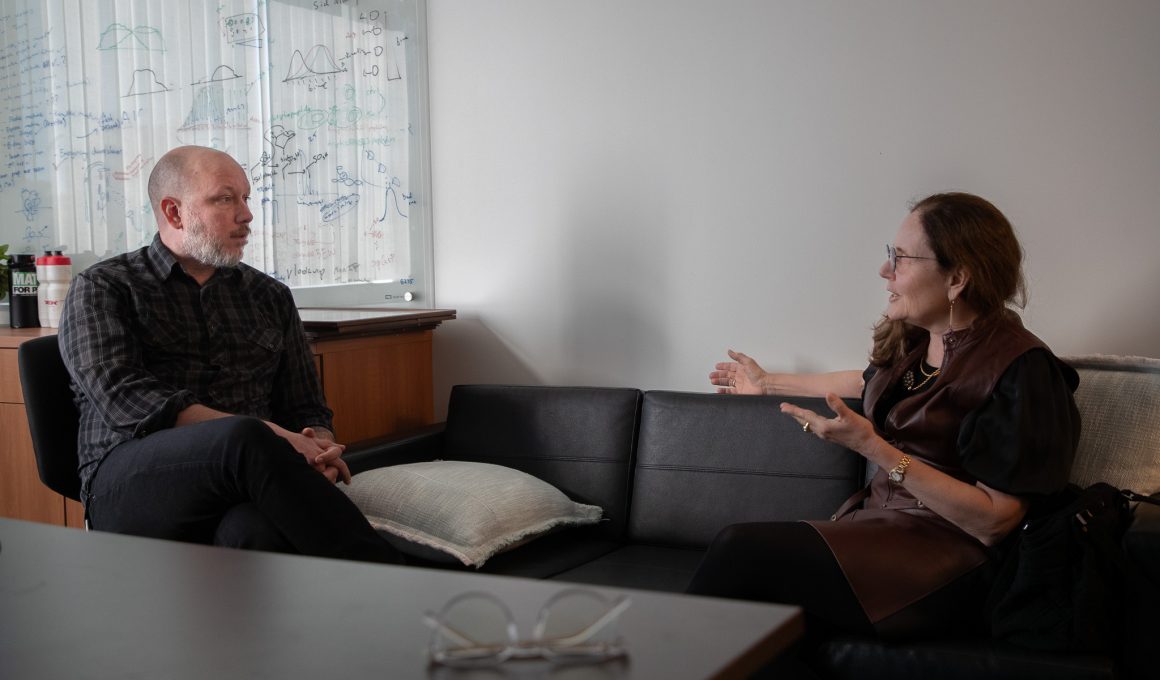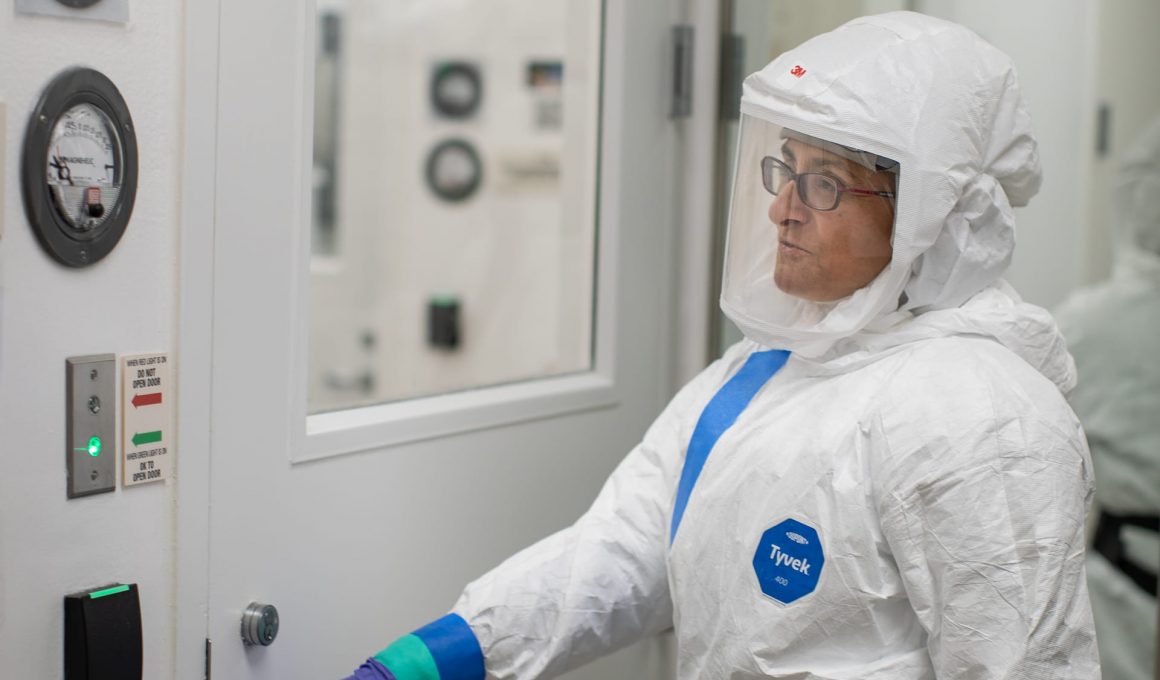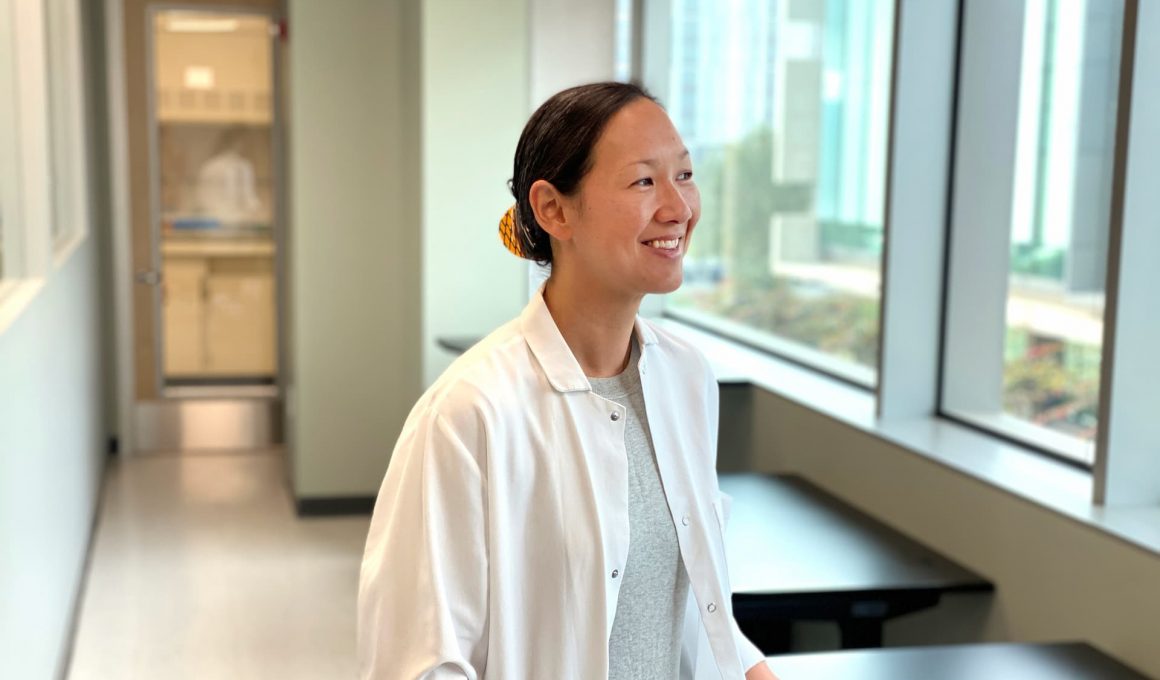A letter from LJI Board of Directors Chair François Ferré, Ph.D.

François Ferré, Ph.D., is the current Chair of the La Jolla Institute for Immunology (LJI) Board of Directors. In this letter, Dr. Ferré shares his thoughts on LJI’s leadership in immune system research and pandemic preparedness.
First and foremost, I am incredibly honored to take on the role of Chair of La Jolla Institute for Immunology (LJI)’s Board of Directors. I have big shoes to fill following the outstanding and impactful leadership of Gail K. Naughton, Ph.D., MBA. I am also excited to be working with such a dedicated and resourceful Board.
During my career as a scientist and an entrepreneur, I’ve met many people who want to find solutions to the world’s problems. But few have taken on bigger challenges than the LJI scientists. Under the exceptional leadership of LJI Professor, President & CEO Erica Ollmann Saphire, Ph.D., MBA, they are working relentlessly to bring us closer to Life Without Disease.
Since joining LJI’s Board in 2017, I’ve found that this Institute punches way above its weight in so many areas. For example, after the COVID-19 pandemic hit, I was blown away by the Institute’s ability to deploy immense scientific resources to forcefully address this global health crisis.
It was all hands on deck at LJI to really understand how the virus attacks the body, and the Institute contributed enormously to the world’s understanding of the interactions between the virus and the immune system. I found it fascinating that a small group of researchers could accomplish so much in such a short period of time. LJI’s mission of having a global impact truly resonates with me.
This issue of Immune Matters perfectly illustrates this point as it focuses on the importance of better understanding the immune response to pathogens in a global effort to thwart the next pandemic. LJI scientists understand that the next pandemic is not an issue of “if”; it’s an issue of “when.” Climate change is forcing many people to migrate to new places and accelerating the movement of animals that carry disease, including mosquitoes.
LJI scientists understand that the next pandemic is not an issue of “if”; it’s an issue of “when.” Climate change is forcing many people to migrate to new places and accelerating the movement of animals that carry disease, including mosquitoes.
– LJI Board Chair François Férre, Ph.D.
As a result, many mosquito-borne diseases, such as dengue, are at historically high levels. Between 2000 and 2019, we saw a 10-fold increase in cases of dengue fever, with the World Health Organization reporting a leap from 500,000 to 5.2 million cases. At the same time, we’re witnessing the thawing of the permafrost in the Arctic, which means we may soon find ourselves facing unfamiliar pathogens, such as fungi, novel bacteria, and other threats. Therefore, pandemic preparedness should remain top of mind globally.
LJI scientists are well-positioned to help stop disease in our changing world. Indeed, their vast knowledge-base of the intricacies of how the immune system works should inform vaccine development brilliantly.
This Institute also tackles important issues beyond pandemic preparedness. One top initiative that I deeply care about is LJI’s efforts to understand sex-based differences in immune responses. This work can help us understand why men and women show different symptoms of disease and respond differently to drug therapies. Studying these differences will allow scientists to develop more tailored vaccines and treatments for autoimmune diseases, infectious diseases, cancers, and more.
The science done at LJI has a huge impact, not only on global health but also on our society. LJI scientists are finding solutions and demonstrating how we can all live in a safer world. I am incredibly proud and excited to support LJI’s mission.
Sincerely,
François Ferré, Ph.D.
Chair of The Board of Directors, La Jolla Institute for Immunology





